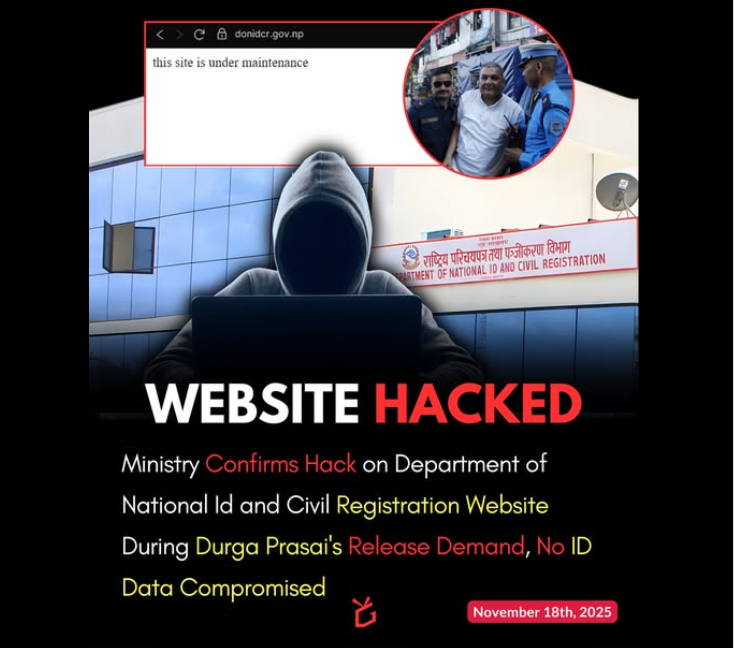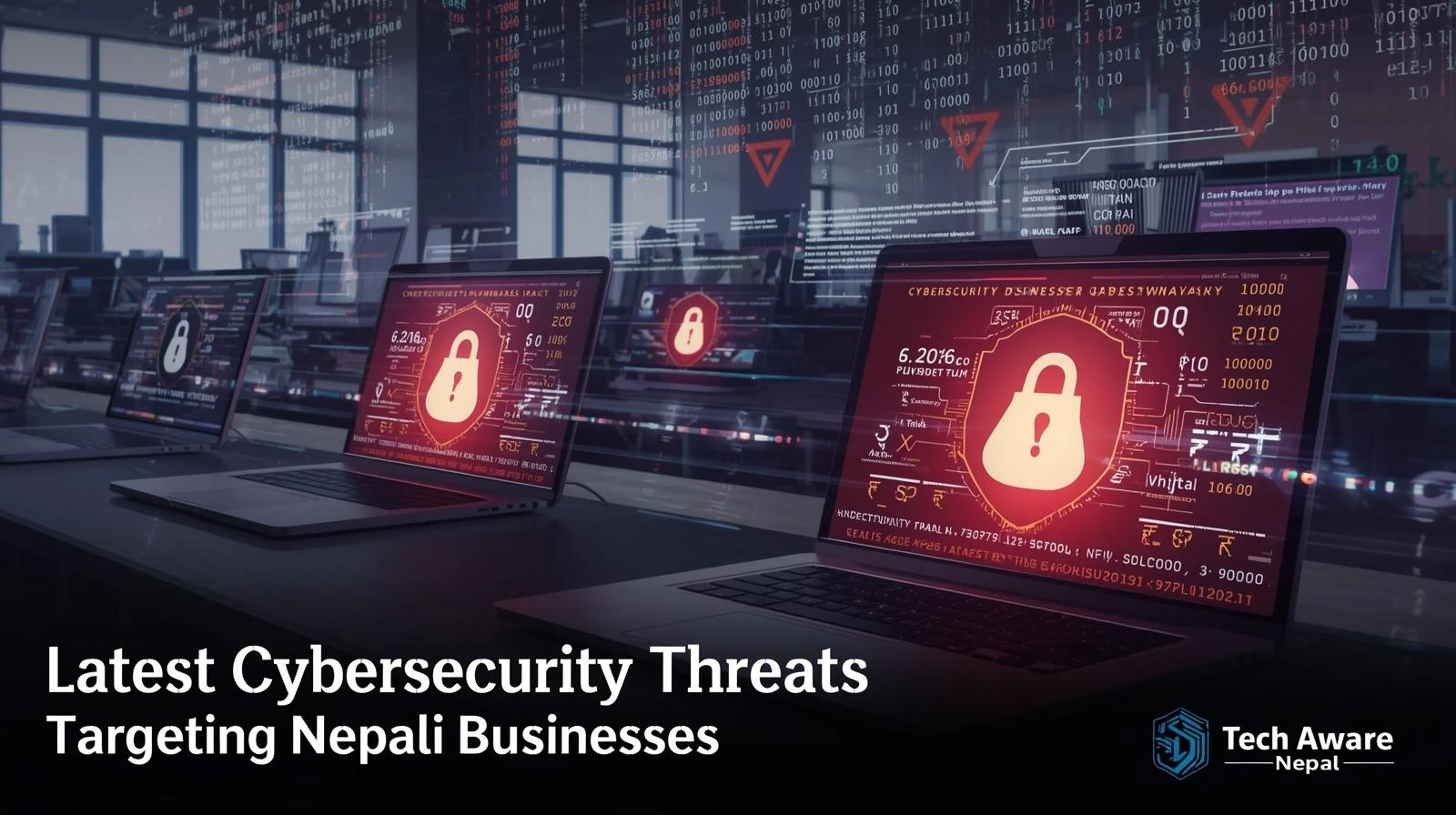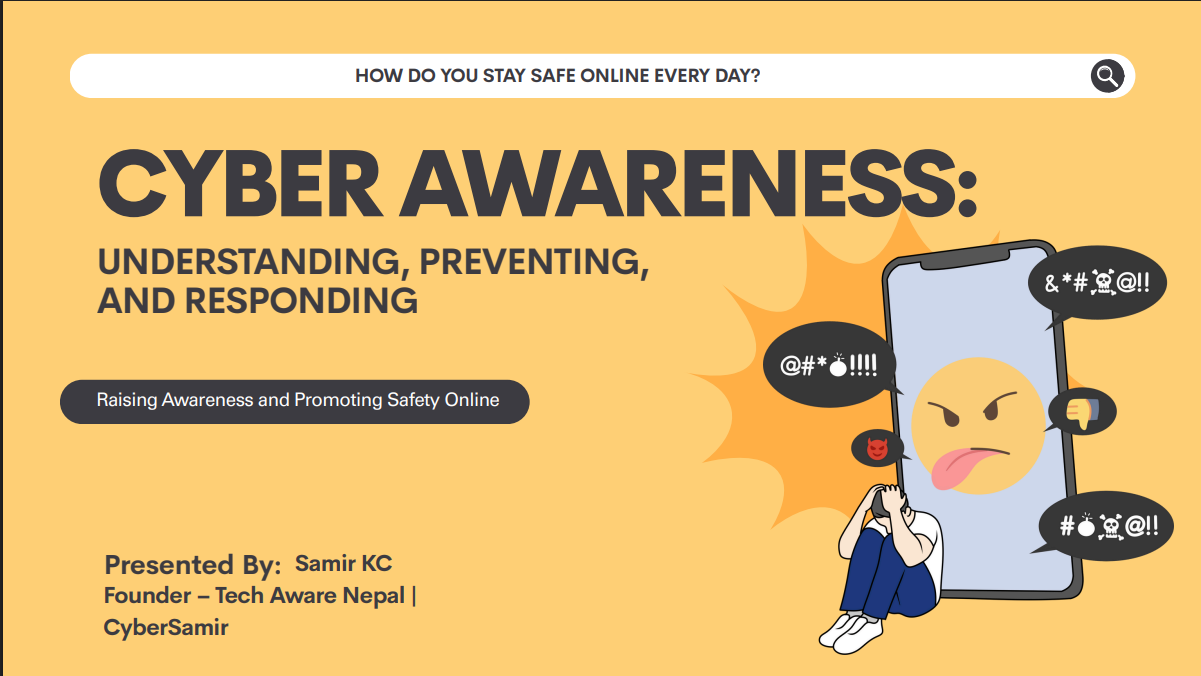
online gaming security Chess.com 2025
Chess.com Data Breach: Nepali Players Urged to Secure Their Accounts Immediately
Butwa, Nepal – A significant data breach at a third-party service has exposed the personal information of users of Chess.com, the world’s largest online chess platform with a massive following in Nepal. The incident, reported by cybersecurity news outlet CyberNews, highlights the growing risks associated with third-party vendors and the cascading effect such breaches can have on popular online services.
Tech Aware Nepal is urging all Nepali users of Chess.com to take immediate action to protect their accounts and personal information.
What Happened?
According to the report, the breach did not originate from a direct attack on Chess.com’s own servers. Instead, cybercriminals successfully compromised a third-party service that the chess platform uses. While the name of the third-party vendor has not been disclosed, the breach allowed attackers to gain unauthorized access to a database containing the user data of millions of Chess.com players.
This is a classic example of a supply chain attack, where attackers target a weaker link in a company’s operational chain to get to the data of the main target. It serves as a critical reminder that even if a platform has strong internal security, its partners can still be a point of vulnerability.
What Information Was Exposed?
The compromised data reportedly includes a wide range of personally identifiable information (PII). While the full extent is still under investigation, the exposed data is said to include:
- Usernames and Full Names: Making users identifiable.
- Email Addresses: A primary target for phishing scams.
- IP Addresses: Which can be used to approximate a user’s location.
- Hashed Passwords: While “hashed” means the passwords are encrypted and not in plain text, older or weaker hashing algorithms can sometimes be cracked by determined attackers.
This combination of data is particularly dangerous. Cybercriminals can use this information to launch targeted phishing attacks, sending fake emails that look like they are from Chess.com to trick users into revealing their new passwords or financial information. The exposed data could also be sold on the dark web and used for identity theft.
What Should Nepali Chess.com Users Do Right Now?
If you have a Chess.com account, it is crucial that you act immediately. We recommend the following steps:
- Change Your Chess.com Password Immediately: Log in to your Chess.com account and create a new, strong, and unique password. Do not reuse a password you use for any other online service. A strong password should be long and include a mix of uppercase letters, lowercase letters, numbers, and symbols.
- Enable Two-Factor Authentication (2FA): 2FA adds a critical layer of security to your account. Even if a hacker has your password, they will not be able to log in without the second verification step, which is usually a code sent to your phone. If you haven’t enabled 2FA on Chess.com, do it now.
- Be on High Alert for Phishing Scams: Be extremely suspicious of any unsolicited emails claiming to be from Chess.com, especially those that ask you to click a link to “verify your account” or “update your details.” Always log in directly through the official website or app, never through a link in an email.
- Change Passwords on Other Accounts: If you reused your old Chess.com password on any other website (like your email, social media, or online banking), change those passwords immediately as well. This is why using a unique password for every account is so important.
The Broader Lesson: Our Data is Only as Secure as the Weakest Link
This incident is a powerful lesson for all internet users in Nepal. The services we love and use daily often rely on a complex web of other third-party companies to function. A breach at any one of these partners can put our data at risk.
As individuals, we must practice good digital hygiene: using strong, unique passwords for every account, enabling two-factor authentication wherever possible, and being constantly vigilant against phishing attempts. This Chess.com breach is another unfortunate reminder that in today’s interconnected world, proactive security is not just an option, but a necessity.




